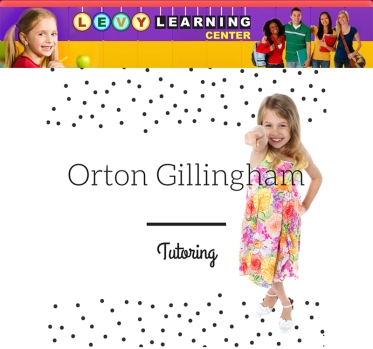ASD or Autism Spectrum Disorder is a set of psychological conditions manifested by abnormalities in repetitive behaviors, social interaction and verbal and non-verbal language. This condition is very common
in children who display unusual responses on specific objects and sounds. Early detection of the condition allows for early treatment.
A patient with ASD usually has no ability in following normal child development stages. There are those who seem to be doing well at the beginning only to suddenly start acting strangely towards people. They also lose the social and communication skills that they acquired when they were younger. In some children signs are visible from birth. These signs may include the inability to babble or creating different gesture starting from one year of age.
Other signs that a child may be suffering from autism spectrum disorder include: inability to speak a single word by the time he reaches his 16th month; lack of ability of combining two words by two years of age; inability to respond to his own name; slow in verbal and non-verbal communication; poor -or cannot do - eye contact; lack of interest in playing with toys or attachment to one toy; and inability to display gestures like smiles.
Patients with ASD also have no capacity of holding their feelings. They are better at acting immaturely and they may cry a lot. They also display disturbing behaviors like pulling their hair, biting their arms and banging their heads when they feel frustrated.
Parents who have children diagnosed with this condition should do the best in helping children with autism. Taking notes is recommended to ensure that your child is displaying the signs.














